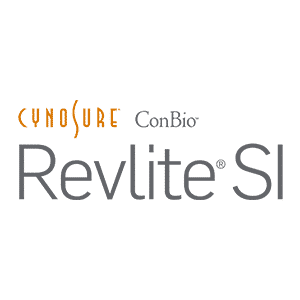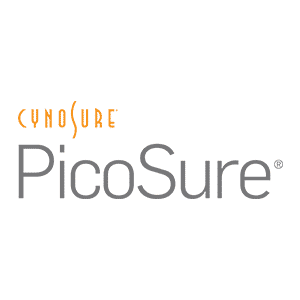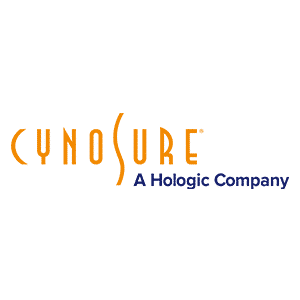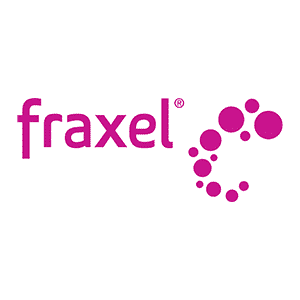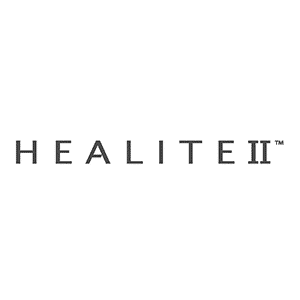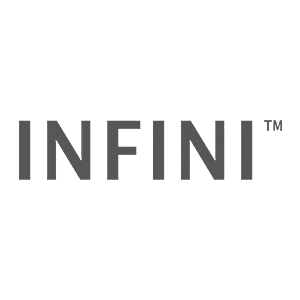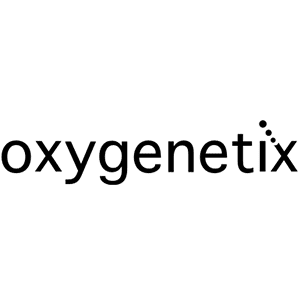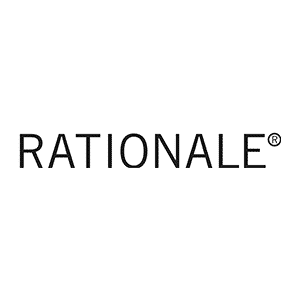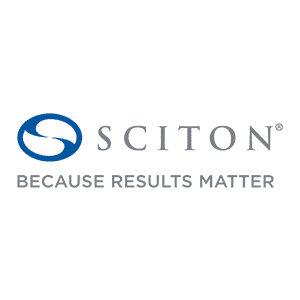During pregnancy women still have skin and hair concerns as they did before pregnancy. In addition, some skin conditions worsen during pregnancy in particular acne, leg veins and skin pigmentation. The consideration in pregnancy is which treatments can be safely used and which treatments and products need to be avoided because of any potential danger to the unborn baby. Whilst many skin products and treatments are safe to continue during pregnancy, as cosmetic treatments are not medically necessary, if there is any safety concern during pregnancy then these treatments need to be deferred until after delivery.
MEDICINES

In Australia medicines are classified into 7 categories (A, B1, B2, B3, C, D and X) according to any potential risk they pose if they are used in pregnancy. Category A are drugs which have been taken by a large number of pregnant women without any proven harmful effects on the fetus and are safe to use. Category X are drugs which have a high risk of causing permanent damage to the fetus and should never be used in pregnancy. The other categories are varying levels of possible risk. Roaccutane (isotretinoin) which is prescribed for severe acne is an example of Category X and should never be used in pregnancy and it is so potentially dangerous in pregnancy that you need to wait at least 1 month after ceasing this medication before becoming pregnant. Certain antibiotics can be used safely in pregnancy whilst others should be avoided. For example, antibiotics such as Doxycycline and Minocycline commonly used to treat skin conditions such as Acne and Rosacea need to be ceased during pregnancy. Topical antibiotics such as Rozex are not recommended in pregnancy whilst others such as Clindamycin can. So medical advice is needed whenever prescription medications are taken during pregnancy.
SKIN PRODUCTS
Most cosmetic and skincare products that are available over the counter (that is without a prescription) are considered safe to use. Sunscreens whilst they contain various chemicals such as oxybenzone have minimal absorption through the skin and do not pose a risk in pregnancy. It is just as important to avoid sun damage in pregnancy as at other times. Acne treatments such as topical Benzoyl Peroxide are safe to use in pregnancy. However, prescription Vitamin A (tretinoin and adapalene) products which are used for acne and in some depigmenting creams should not be used in pregnancy. Vitamin A (retinol) products present in cosmetics are in very small amounts and are minimally absorbed through the skin so they can continue to be used. Skin bleaching agents that contain Hydroquinone should be avoided during pregnancy and continue to be avoided during breastfeeding.

DERMAL TREATMENTS
Glycolic acid and Lactic acid peels are regarded as safe because of limited dermal penetration but peel solutions that contain Salicylic acid and Trichloroacetic acid are avoided. Whilst local anesthetics can safely be given during pregnancy (such as in dental procedures), several of the common local and topical anesthetics used for skin treatments (eg Benzocaine, Tetracaine, Mepivacaine) are suspected of causing harmful effects (Category C) and need to be avoided. There can also be rare allergic reactions to anesthetics so any dermal treatments that require anesthetic are recommended to be deferred during pregnancy.
WRINKLE TREATMENTS
To quote the NSW Health MotherSafe update from March 2021 “Small doses of Botox injected into a muscle are unlikely to enter the circulation. Furthermore, it does not cross the placenta so even if used, it is unlikely to be able to reach an unborn baby. As such, inadvertent exposure would not be a cause for concern. Nonetheless, Botox for cosmetic reasons is not medically necessary so its use cannot be recommended during pregnancy” According to NSW Health “No specific breastfeeding precautions are required if a mother has Botox while breastfeeding.” The same recommendation is applied to dermal fillers.
LEG VEINS
Varicose veins and spider veins commonly first appear or worsen during pregnancy. This is from a combination of weight gain, increased blood volume, the fetus putting pressure on abdominal veins and hormonal changes that increases the elasticity of the valves in the veins. Even though leg veins can cause significant symptoms during pregnancy we recommend management by compression stockings. Treatments by sclerotherapy during pregnancy are not recommended as the sclerosant products used are not approved for use by the manufacturers in pregnancy (not Category A). Also, vein treatments are less likely to be successful in pregnancy with the increased pressures in the leg veins and the fact that veins that worsen during pregnancy will often improve again after the birth of the baby and then may not need treatment.
LASERS
Lasers produce concentrated light and not ionizing radiation (such as with X-rays) and are safe to use in pregnancy. Laser light heats the surface of the skin and does not penetrate beyond the skin and hence poses no direct risk to the fetus. Having said that we do recommend some precautions. During pregnancy we avoid laser hair removal to the Bikini line and abdomen areas. Tattoo removal is not recommended during pregnancy. These lasers work by breaking up the tattoo ink into smaller fragments that can then potentially enter the bloodstream and possible effects on the fetus whilst unlikely are uncertain. Ablative laser procedures are best avoided as they not only usually require anesthetic, but they create a wound on the skin and wound healing during pregnancy can be slower.
Whilst many skin products can continue to be used, and certain skin treatments can be performed safely during pregnancy, others need to be avoided. If you have any questions about skin treatments during pregnancy feel free to contact the Collins Cosmetic Clinic by phone 0396545720 or email contact@collinscosmeticclinic.com.au


